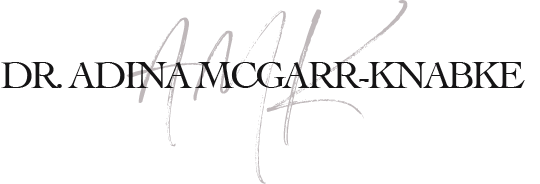Obsessive Compulsive Disorder (OCD) is characterized by recurrent obsessions and/or compulsions that are incredibly time consuming or cause marked impairment and distress. Individuals with OCD recognize that the obsessions or compulsions are beyond excess and reason. Surprising to many is the fact that either obsessions or compulsions, alone, are sufficient for a diagnosis, however, they commonly occur in tandem. The obsessions and/or compulsions are incredibly time consuming and significantly interfere with an individual’s ability to carry out normal day-today activities.
Obsessions constitute persistent, thoughts, ideas, images, or impulses that feel intrusive, causing significant distress or anxiety. These obsessions feel beyond the individual’s control. Thoughts of contamination, repetitive doubts, need for particular order, sexual imagery, and horrific/aggressive thoughts are among the most common obsessions.
Compulsions are repetitive behaviors, designed to reduce anxiety or distress. Hand washing, checking, counting, hoarding, cleaning, and praying are commonly seen compulsions, in which the individual feels driven and compelled to perform.
American Psychiatric Association: Diagnostic and Statistical Manual of Mental Disorders, Fourth Edition, text Revision. Washington, DC American Psychiatric Association, 2000.

